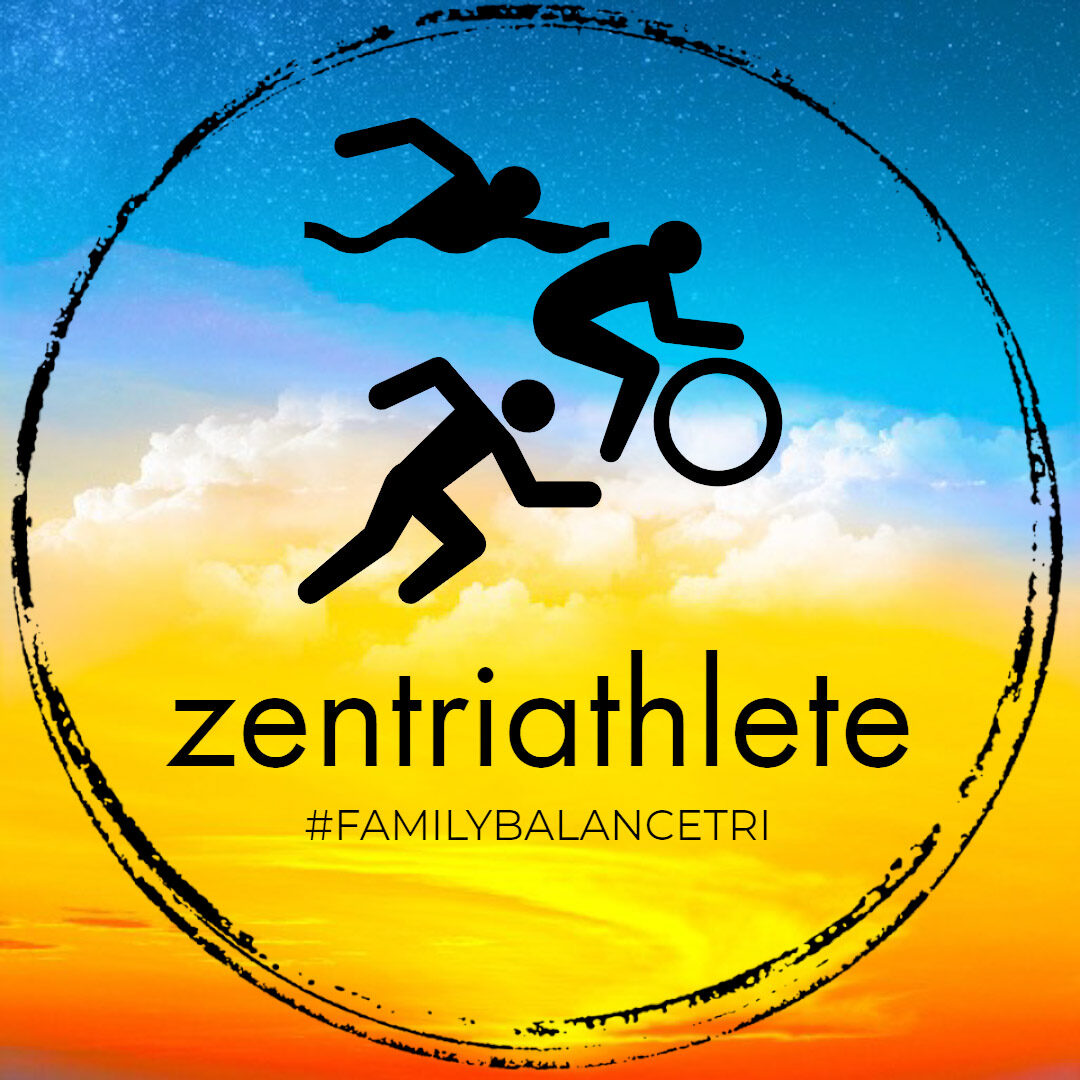I choose Kindness – Intentional mindset and purposeful

From time to time, and more often than I’d like, I encounter scenarios that make me turn within. It’s my thing. It helps me refocus and recalibrate my mindset. When I question something or if I am unsure how I should or may act, I try to slow down. Pause. Look inside. Reflect. If I am overwhelmed or confused – I often lead with kindness, because there has been much extended to me thru life. I also find the other end of the maxim – cruelty is heartless and doesn’t require strength and resilience just primal reactionary things!
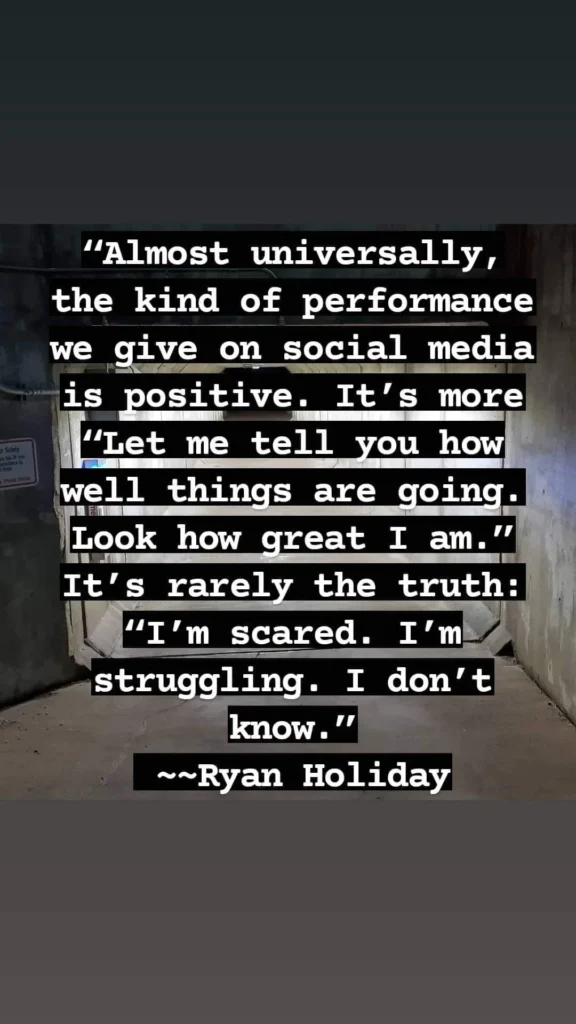
This is not to say that my leads with empathy are absent of In the concepts that I have explored for myself in shaping my overall approach and worldviews – these 3 words snap to my forefront :
1
Observe
2
Inform
3
Instruct
What I didn’t realize, as I distilled what I did as a professional consultant because of an exercise at work, was that these 3 words actually describe a set of steps. Semi-annually we are asked to update our professional bios. The value of this is to share internal/external of our teams and company. This provides customers and others an introduction to our general skill set(s). Well, for many years, I have struggled to describe what I do in the Educational Technology space for the company I represent and the consultation services I provide. It then hit me – I Observe. I Inform. I Instruct. I “observe” for contextual clues, facts, and events from internal/external authorized actors. I then “inform” interested parties using discovered context (information) from observations. Lastly, if consent is provided from the customer and consensus to move forward is obtained, At work this is often contractual aka “Quid Pro Quo” – in a transactional agreement/contract. If and only if – I provide consultative “instruction” which often includes industry and peer “Best Practices” in the format of recommendations or consulting interactions. A caveat – most often the term Best Practices” really is just an idiom that describes my way vs another way, though.
What I noticed is, at first, this provided me greater clarity and precision in accomplishing things at work. The heightened focus was startling. As I employed and refined this strategy and method, it then began to bleed and transfer into other dynamics of my life – triathlon, life and mindfulness/balance areas, and yes, more. So, I share this post as a reminder to myself! This has served to shape some of my mindset and how I shape my worldview or interacting with many diverse others as I wander through this thing called life.
ObServe
This is the most accessible and free-form element of the process. Observation – this activity can involve all the 5 senses and is not limited to just one at a time.

Covert Observation
Observer collecting informational inputs is “undercover” and the group is unaware they are being observed

Overt Observation
Observer’s presence is known by those under observation. The observer may be a participant or non-participant in the interaction providing inputs and context.

Other Types of Observation may also include and are not limited to:
Naturalistic observation: Observing people in their natural environment without external manipulation
Structured observation: Observing an event or series of events in its natural setting
Indirect observation: Analyzing textual material, such as transcriptions of conversations or letters
Like many things, this is a skill that requires learning, exercise, adaptation and recalibration. Some innately have this talent. and like many things, without exercise, this talent can can ebb and wane based on many factors. This act or instance of noticing and acquiring inputs allows one to asses, collect, and gather critical information for the next step. This step often requires input(s). What I personally discovered most often lacking during this skill was an absence of my reaction (observable or otherwise). This lack of purposeful discipline as I collect observable information often skewed my collections and future context of information gathered. These reactions often lead to an unsolicited desire to share instruction. Most often, sharing at this stage – most often without formalized consent, is too soon. What’s more, it is often without a vehicle or platform to shape myself or participating external actors for the next steps!
This methodical deep dive into a rabbit hole demanded that I internally recalibrate my expectations. It provided me space. It demanded I give myself grace. It persuaded me to recalibrate the importance of the collected information via observations. What I found is, regardless of the dynamic and environment – work, triathlon, life, parenting, interpersonal relationships, or whatever – I could express discipline, determination, and dedicate the effort required to match my desires. Previously, moving too quickly would lead me to advancing to any next steps prematurely. This meant that desired outcomes would break down and dilute this phrase: “Unrealistic expectations are just future resentments.”
TLDR – Observation provides critical inputs for context. It shapes information to be distilled!

Inform
First, this concept was formulated using ONLY the context of work. Then, as mentioned, it began penetrating other spaces of my life. It found the cracks unbeknownst to me forcing the light through the cracks. I digress to soon, so let’s start with work! This step starts by taking observational inputs that can then be provided as points of information to inform interested parties. An often difficult step in this methodology is sharing observational inputs as facts and refraining from adding biased perceptions or opinions.
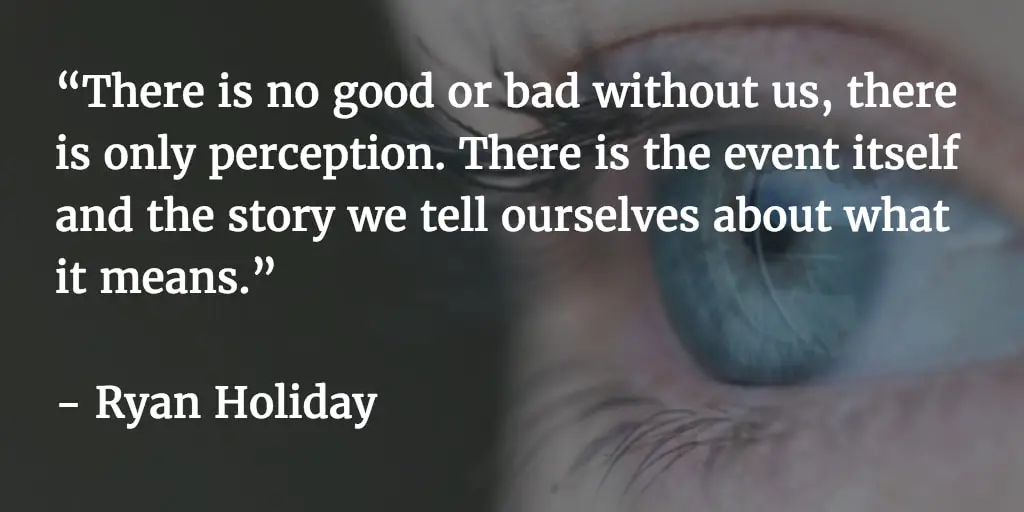
My critical lesson learned happened as I cultivated discipline. I distilled my storytelling efforts through removing perceptions (often shaped toward inflating someone’s personal ego – even mine). As I focused only on the facts around the observable events, I saw this added critical value at work. Over time I began to start applying this process and skill to other dynamics and vectors of life. What I found was that the value added was often more critical in my interpersonal reactions with other actors of the world. One major lesson learned lead me to posting this blog entry: https://happyinthehills.com/zentriathlete/2025/01/28/zentriathlete-blog/checkins/2025-check-ins/introspective-reflections-of-mine/

In larger or more macro or gross data dense models, the process of condensing large amounts of information into a more concise form is known as Information Distillation. One of the challenges with information will persistently be – distilling information in order to apply wisdom with an aptitude that renders it to actionable opportunities. An even more difficult exercise is knowing when to limit or even abstain from interaction and action. It dawned on me that this applied to the thoughts of Epictetus – “Every event has two handles, “one by which it can be carried, and one by which it can’t“. I began to find that the informational context I often observed and then applied related directly to this Marcus Aurelius quote. I was amazed as I also understood this thought to take a whole new meaning –

“We have the power to hold no opinion about a thing,
and to not let it upset our state of mind—for things have no natural power to shape our judgments.”
Marcus Aurelius
Last of the rulers later known as the Five Good Emperors
This exercise of parsing through observational inputs tends to be overwhelming and daunting. Developing coping skills and a broad kit of tools is vital and looks different for applying at work, in life, mindfulness, triathlon and so much more.. An example – it continues to be difficult, in the Social Media space, to discern facts, fiction, perception, opinion and so many other dynamics. Just please recall that the success circle looks something like this:
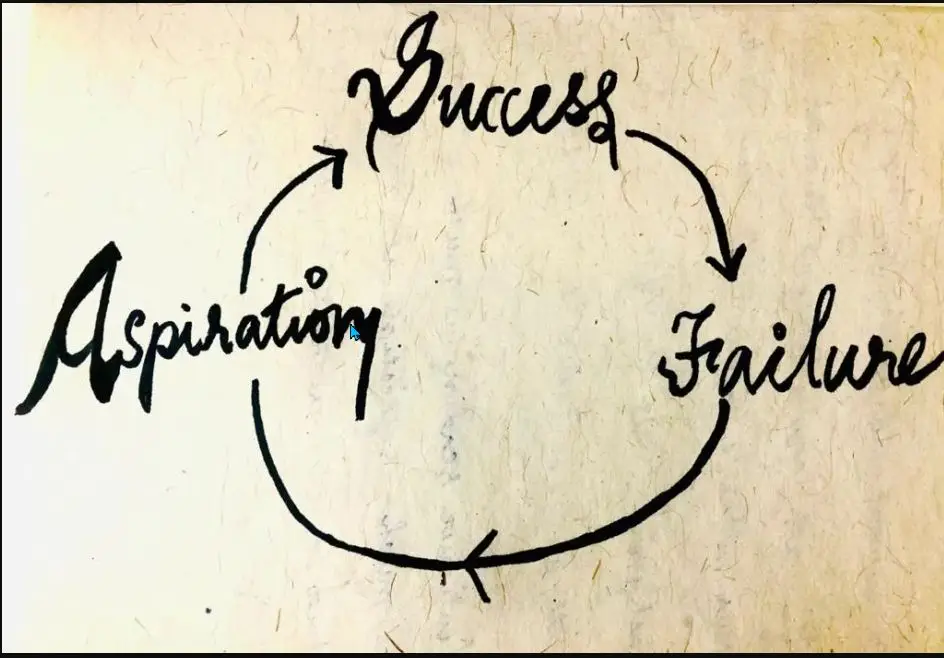
One of the things about information – you don’t have to have it all figured out to move forward. I have been taught by experience, over and over again, the inability to move – analysis paralysis – stops progress. A “razor” that I often apply is Occam’s. I will try to share this example through the simplicity of the “success wheel” above. As you may notice, failure is just baked in. Knowing that, even incorrect movement can be recalibrated, refocused, re-shaped and properly tuned throughout the information endeavor. This is quite the difficult thing to learn! The process in this example often includes this bit of wisdom – sometimes having all the wrong distillations – provides the platform for a complete paradigm shift while informing the audience. This particular example tends to be undercut if there is not a wide variety of coping skills and tools. Fear, doubt and other disruptors come to mock, devalue, berate and cruelly detour one in this process. But, that is precisely why it provides all the information. This is because the observer has distilled all the fallacies so that that verities become more discernible and clear. It is my observation that having an understanding of the macro tools serves to reduce often overlooked common sense approaches and tools.
How Information distillation works
- It involves extracting relevant information from large amounts of data in various formats (text or audio as examples)
- It retains essential elements while removing redundancy
- While this is arbitrary and defined by constraints often variable, this strategy simplifies the approach of reducing noise and isolating what is considered most important
- It compresses meaning into a shorter space
- It allows those to be informed to consume information at a glance
Why did I use a macro model? Because it helps to illustrate its common sense. It does not require complicated tools to navigate this space. Rather, a keen set of nimble and often overlooked simple strategies is suitable. Example – large amounts of data are simply overwhelming. I’m one person and often overwhelmed – so I like to use this as a way to synthesize overwhelm and guide the process. Allow me to explain. When overwhelm arrives – this is often an indicator of too much data or too much noise. It needs to be simplified or parsed into more discernible chunks for one person to work through.
- Examples may include – but should not be limited to:
- Too many inputs
- Too many distractions
- Irrelevant or disruptive actors
- Wrong amount of time applied
- Actors/participants with holding or masking inputs
This is where the power of “pause” comes to be a great asset and skill. Knowing when to press the breaks! Take a walk! Then, returning with freshness to continue the task. Pause! Remove the distractions or agitations or disruptions. Pause to parse the information into smaller chunks to be able to analyze, etc. Pause – to let it rest until tomorrow! Pause, to not fall prey to the two fairy tales that enshroud the present – the past and the future.
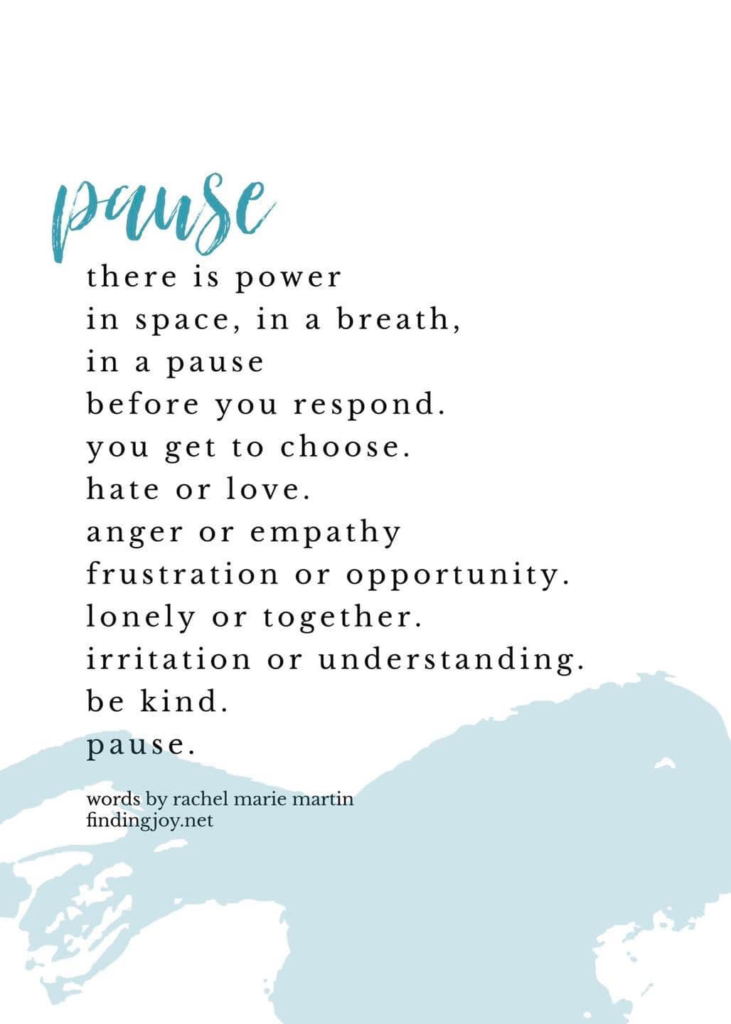
TLDR – Information distilled from observable inputs helps comissable or omissible actions become apparent so that one self or others may become informed.
Instruct
The hardest skill to learn for me was attached to the notion of consent. I recall peddling and sharing unsolicited free-advice and million dollar ideas just because I could. One was so good, I recall spending my first week in Sleepy Hollow! I got to run the village and be near the cemetery of the stories around Ichabod Crane! It was so cool and surreal. I got to thinking after a long day of interactions with a customer right before I started travelling to France. I had become frustrated with the check in and check out process around rental cars. You know – stop, drop off, then interact with a human that either gathered information or I had to supply it to them via paper. Wouldn’t it be easier to have a OBD car reader device with a bluetooth that connected to the devices the rental agency used? This tool could communicate miles used, fuel features and other things perhaps. So, at the end of the week, when I learned i would be going to France and the following week I had to get my passport in order for travel, I asked the younger guy doing my check out “Want a million dollar idea?” No joke, months later the FIXD sensor and application came out. Sure, most likely coincidence but a fun story nonetheless.
The douchebag arrogance I was flatulating must have been so annoying. Somewhere along the line I began to wake up and understand the wisdom of this notion – unsolicited aka “free advice” was rarely followed unless it came with an obligation or a real or perceived cost to the receiver.
So why is unsolicited or free advice problematic? Here are a few notable examples:
- It can feel critical or judgmental
- It can undermine a person’s ability to solve their own problems
- It can make someone feel controlled or manipulated
- It can come across as arrogant or snooty
Why was I giving unsolicited or free advice? Some relevant examples include:
- I wanted to share something that has worked for them
- I wanted to help
- I wanted to share my sense of self and confidence (boost my ego)
- I wanted to feel needed or dominant
- I want to judge and change you
What I didn’t understand or care to understand is that I was not only being a nuisance (ok douchebag) but I was also being disrespectful and sometimes even damaging. It wasn’t that what I was trying to accomplish was not without merit or good intention. The flaw and the failure was not understanding my methodology and or purpose was miscalibrated. As I woke up to this – often because – I understood my spaghetti flung against the wall rarely stuck if cost was not attached. Free advice truly is what it’s worth – just many don’t even take what they need – because they weren’t invested in the ideas or words coming out of my mouth.
So, the instruction that I was offering – whether it was based on observation and information – was often only received by another because there was generally some element or obligation that required that they had to listen. After a bit of time, I started to learn a different way. In work relationships, this is often transactional and comes by way of contractual obligation. I was letting this transfer over incorrectly to the other dynamics and vectors of life, too. So a few months back, I intentionally dug in. I paused. I stopped. I recalibrated from lessons learned and restructured my approach.
Much of this started as I began to hear my wife more. There was a particular customer engagement where I encountered some very uncomfortable to me discoveries around work related misogyny. As these observations lead to information that needed to be shared. I uncovered and observed that non secular and religious oriented cultural norms were inappropriately crossing into professional dynamics. This was corrupting this customer’s work environment. It was through this experience that my wife helped me understand how implied consent or even lack of respecting consent was destructive and disruptive. Had I not received this critical input through my wife’s observations and information sharing, I would. have missed critical information. I was not ready for this earlier because I was not soliciting feedback and asking questions and advice of others. So thanks to my wonderful spouse and life-partner – I learned just how important consent is prior to providing instruction or recommendation.
While the context and situations may present a bit different in work vs the other dynamics of life, the principles transfer rather fluidly. I have discovered more meaningful deliveries of advice following this rule:
“Never give advice unless asked. The wise won’t need it, the fool won’t heed it.”
– German Proverb
Wandering thought 1

“Sometimes the hardest response is having no response at all. Letting people say, believe, and project the most while you respond, react, and defend the least.
It’s the type of disciplined obedience that opens your eyes to wisdom and subjects your being to unexpressed pain.
Allow these words to serve as your timely reminder that you don’t need to have the last word or keep anyone in your life that has undoubtedly proven they don’t appreciate or deserve a place there.
It’s okay to love and leave people exactly where they are—no matter who they are.”
Author: Morgan Richard Olivier
Wandering thought 2
I give thanks to all who accompanied me on my path. Those who stayed throughout the storms, and those who lit the way through the darkest nights.
I also keep a place in my heart for those who joined me for only a small part of the journey.
I hope you found your way. We are all just : ‘walking each other home’ throughout the sunshine and storms ..
Author: C.E. Coombes
A podcast from the past
When I heard this cast from Ryan Holliday, I was trying to put into words some different things. This whallopped me as a perfect way to explain a hypocrisy I was observing but couldn’t put into my own words. I recalled myself going through the cycle as I captured myself reflecting upon a post I share sometimes – click here for my Tuesday transformation post. Simply stated, some of my lessons learned – were becoming a vice to others I interacted with – I was not leading with kindness, rather, by comparison which often lead to cruelty and judgment. I recalled this one evening on a run with folks I considered friends and one noted that I was so off-putting and not fun to be around! I had the biggest moment –>
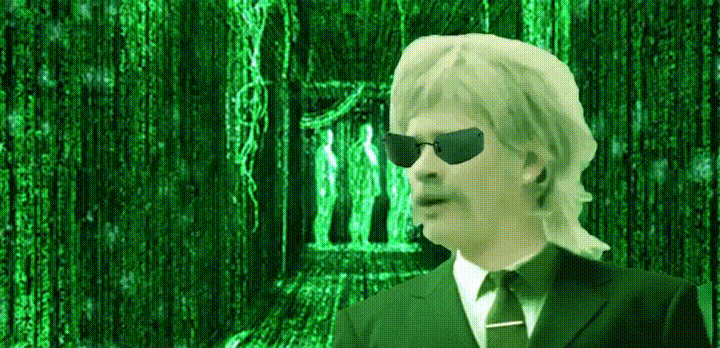
So as I mentioned in the start of this post – I encountered one of the first notable scenarios that made me turn within. In some ways it was the rekindling of my journey of reasonable self-scrutiny. It was in a running group of peers that I trusted and considered friends. THey considered me a bit cringe and douchey! As I was being successful in my virtues – my vice of alerting everyone that I was a triathlete and that was most important – it was ruining what I savored most – valuable connection and when appropriate – friendship.
ECHOES from the past colliding with my thoughts for today/TOMORROW’S hope
A very interesting connection I made today. Many cultures have practices that involve grounding in trees, including Shamanic practices, ancient Chinese cultures, and indigenous Australian and American cultures.
Recently I was reminded of a quote by Anne Frank from her diary – she’s stated – “paper has more patience than people”.
Then I thought, where does paper come from? Trees.
And then my mind says – you have been finding comfort in your blog thoughts.
Welp, then I thought, about a song titled “summertime rolls” and how like the album it’s on “nothing’s shocking“.
Meanwhile, I drift back to Liz and my weddings song for our first danceas a married couple – I played it this morning for growing Lucas and Juniper and Astrid putting together it’s from the Wizard of Oz and that mom loves Wicked!
Yes! crazy things happen when contrast is put into one’s arm to flow thru the cranium. Don’t fret, the MRI was not remarkable. As Liz stated earlier – “Shane, congrats you have a healthy brain.” Doc said – “heck, they even found you have one!”
Apparently it’s been a day! Now to find myself some more swim, bike and run while the relentless noise bangs on, so heavily that many can’t distinguish that it’s just the simple beat of history repeating. To the great Shirley BasSey – yes, that’s the sound!
This random run on sentence and thought was brought on by a post i saw by the original regal beast! I know him as Hans! Cheers!

